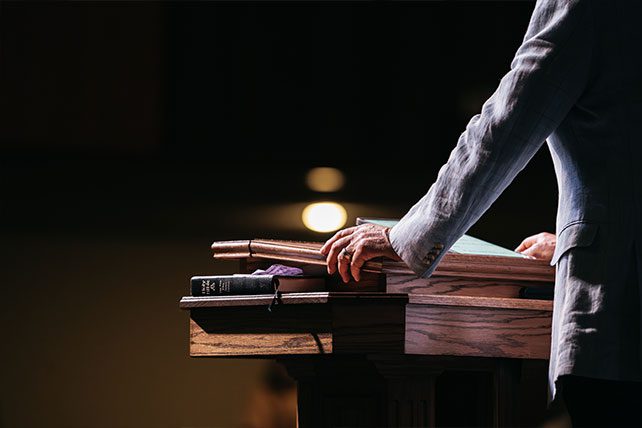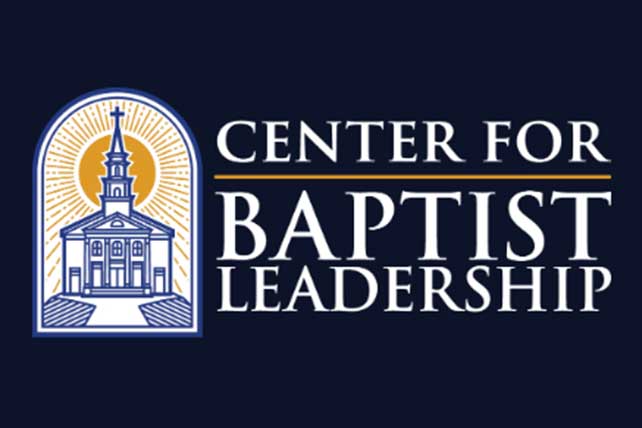Tiffany Thigpen, a sexual abuse survivor and advocate, says she has lost hope in the Southern Baptist Convention’s (SBC) leadership.
Thigpen was 1 of 10 named in the SBC’s apology given in a resolution titled “On Lament and Repentance for Sexual Abuse” at the SBC’s annual meeting in June 2022.
Thigpen told ChurchLeaders she wants the more than 11,000 SBC delegates, called messengers, headed to the annual meeting this week (June 11-12) to understand that she believes “the people who truly run the show will never allow” sexual abuse reform to move forward.
Asked how she felt coming into this year’s annual meeting, Thigpen replied, “I seriously walk into this convention feeling dread, no hope. I have no expectation of anything good happening even IF the messengers vote yes for it.”
RELATED: SBC Sexual Abuse Survivor Tiffany Thigpen: The Four Pastors Have Done Johnny Hunt ‘A Disservice’
“The theme of the Anaheim Convention was ‘Jesus, the Center of It All,’ and that year I had more hope than I’ve had in years,” said Thigpen. “Not because of the theme or the banners, of course, but because I truly felt people were beginning to change their views of us—sexual abuse survivors.”
Thigpen continued, “By the end of the week, I truly felt the will of the messengers would prevail and that now that there was understanding, it would be followed by action.”
“All we’ve ever wanted was for this to never happen to other faith-filled children and teens; we never want another to suffer as we have,” she added. “We had no other agenda, no long game of swaying your theology, and no plans to destroy. We strictly have come to protect and thwart evil.”
The sexual abuse advocate of 17 years described the last several years as being filled with “brutal empty promises and excuses.” Because of that, Thigpen shared, “I have no hope of change promised.”
“With the bold political and agenda-based overpowering of the [messengers’] will, I head into this convention with serious doubt that the banners are true for the whole convention,” said Thigpen.
RELATED: Survivors Say DOJ Investigation Into SBC Executive Committee Is Not Closed
“Is Jesus the center of it all?” she asked. “Jesus being the center looks very different than this. My wish for the entities of the SBC and its 47,000 churches is to live like you believe Jesus to be the center of it all. To live out 1 Corinthians 13.”


























